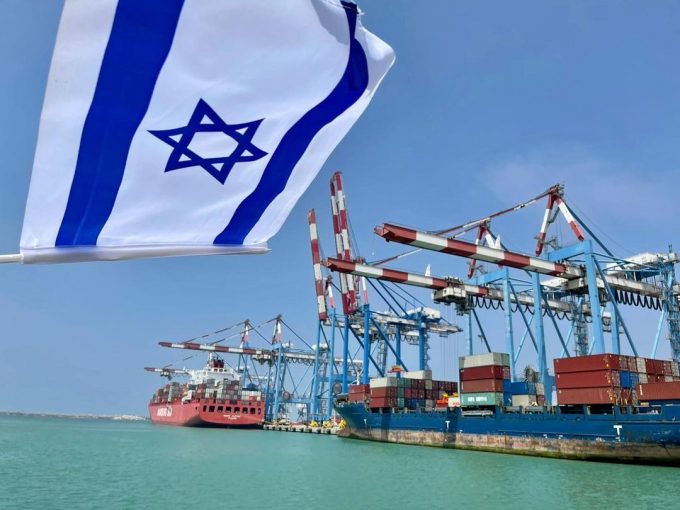India-Pakistan 'tit-for-tat' cargo ban sparks sudden supply chain shocks
India and Pakistan have banned each other’s cargo from transiting their ocean gateways, following the ...

Evergreen has declared force majeure on the 1,778 teu Ever Cozy, which was unable to call at Israel’s port of Ashdod as scheduled, and diverted to Haifa.
The line said the situation was beyond its control and that all cargo destined for Ashdod had been discharged at Haifa, adding: “Thereafter, the subject contract of carriage is treated as terminated and all carrier’s responsibilities shall cease.”
It told customers: “To protect your interests and to minimise your costs exposure, we sincerely suggest you ...
Keep our news independent, by supporting The Loadstar
Volume surge and an early peak season? 'Don't celebrate too soon,' warning
Container spot rates diverge: to Europe still falling, but firmer to the US
Ecommerce likely the front-runner in resurge of transpacific trade after deal
Hapag-Lloyd won't take bookings if port congestion leaves cargo stranded
China-US trade tariff pause could drive a rebound for transpacific rates
Shippers should check out the 'small print' in China-US tariff cuts
Service chaos from trade ban with India a problem for Pakistan shippers
Carriers impose 'emergency operation' surcharges on Pakistan cargo
Airfreight rates ex-China 'loss-making', but hopes of a trade deal stay high
Serious threat to jobs in US logistics as tariffs cause economic 'stagflation'
15% rebate for box ships as Suez Canal Authority woos carriers
White House u-turns see freighters flying but keep logistics players on their toes
MSC in terminal switch as Nhava Sheva gets strong start to new fiscal year
Peak season or recession? Forwarders and shippers need to 'stay flexible'
Volga-Dnepr claims 'pirate' Canada has 'hijacked' its stranded aircraft


Comment on this article